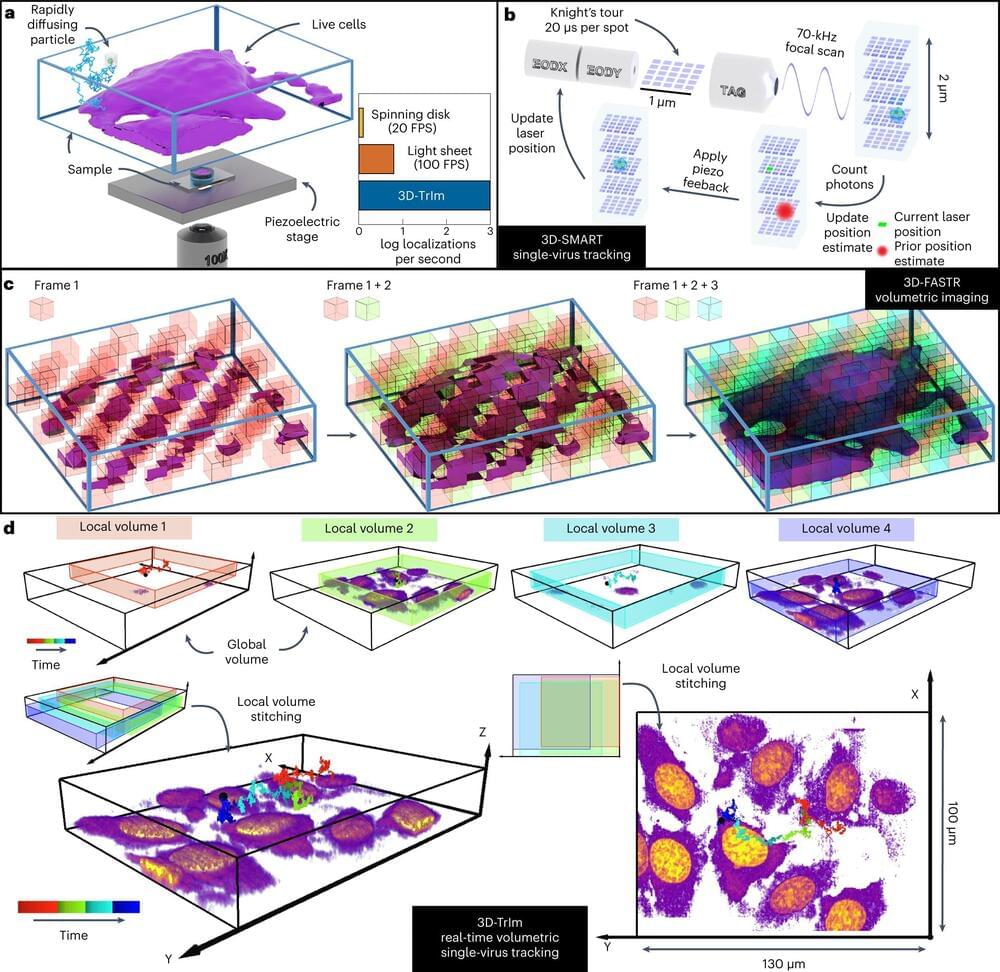“Dwell fatigue” is a phenomenon that can occur in titanium alloys when held under stress, such as a jet engine’s fan disc during takeoff. This peculiar failure mode can initiate microscopic cracks that drastically reduce a component’s lifetime.
The most widely used titanium alloy, Ti-6Al-4V, was not believed to exhibit dwell fatigue before the 2017 Air France Flight 66 incident, in which an Airbus en route from Paris to Los Angeles suffered fan disc failure over Greenland that forced an emergency landing. The analysis of that incident and several more recent concerns prompted the Federal Aviation Administration and European Union Aviation Safety Agency to coordinate work across the aerospace industry to determine the root causes of dwell fatigue.
According to experts, metals deform predominantly via dislocation slip—the movement of line defects in the underlying crystal lattice. Researchers hold that dwell fatigue can initiate when slip is restricted to narrow bands instead of occurring more homogenously in three dimensions. The presence of nanometer-scale intermetallic Ti3Al precipitates promotes band formation, particularly when processing conditions allow for their long-range ordering.









